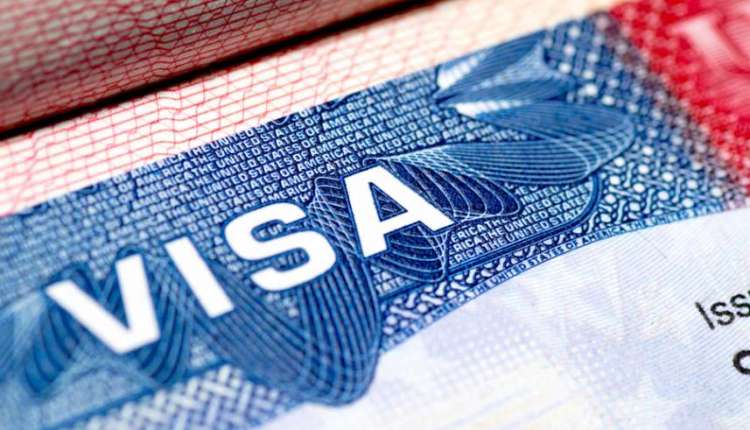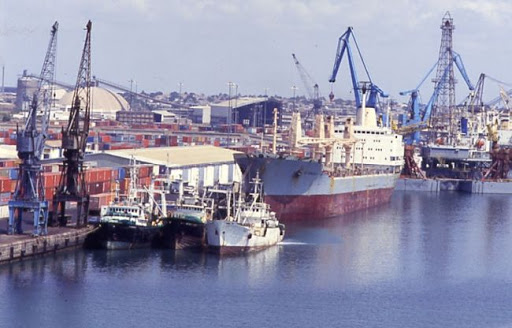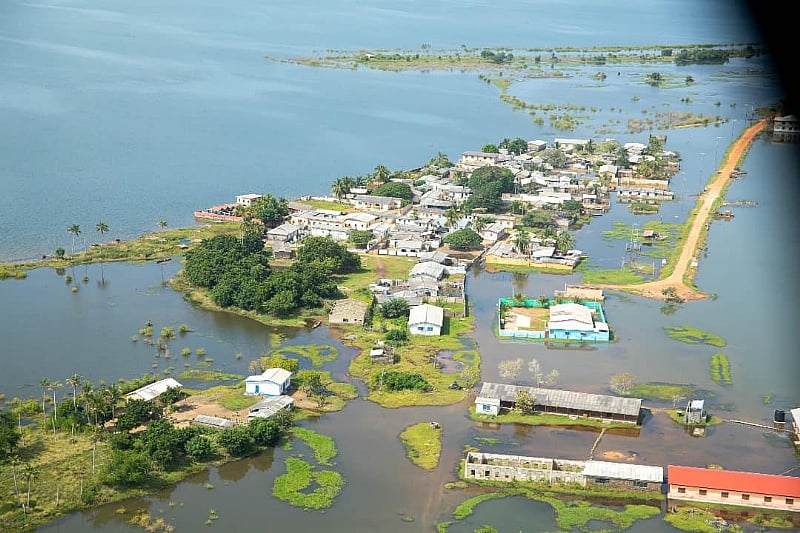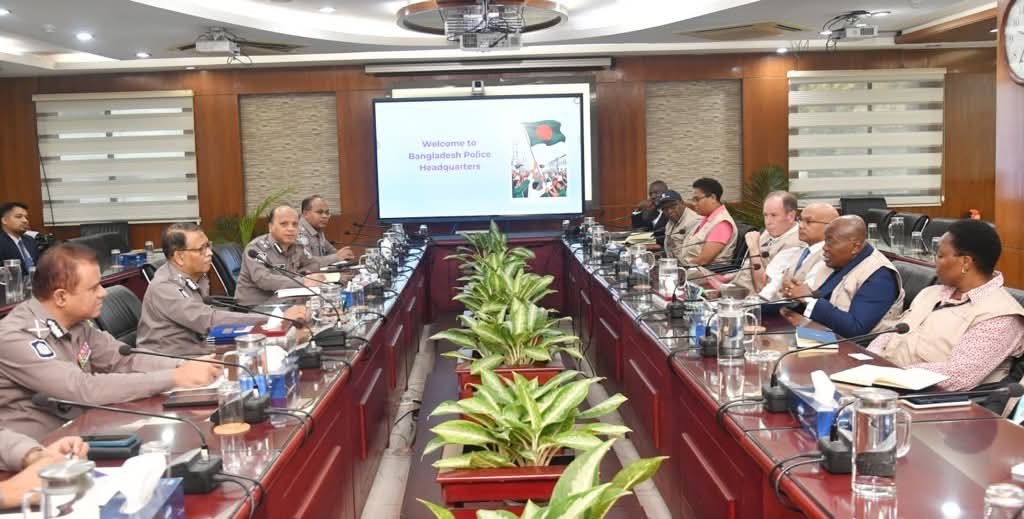
- Responding to China's illicit purchase of endangered wildlife from the DRC, the US enforces visa bans on DRC officials involved in the trade.
- The US takes a bold step to conserve wildlife by penalizing DRC officials engaged in trafficking protected animals to China, emphasizing international cooperation against such activities.
- The imposed visa bans highlight the intersection of diplomacy and environmental protection, supporting DRC's conservation efforts while addressing the systemic threat of illegal wildlife trade.
China’s illicit purchase of endangered wildlife from the Democratic Republic of Congo has piqued the US's interest, prompting visa bans as a penalty for DRC officials involved in the trade. This is America’s latest move in its mission to conserve wildlife.
Some of the names listed by the US State Department include Cosma Wilungula Balongelwa, former Director General of the Congolese Institute for Nature Conservation (ICCN), and Leonard Muamba Kanda, the former Department Head of the DRC Management Authority for the Convention on International Trade in Endangered Species of Wild Fauna and Flora (CITES) and Director of ICCN. Added to this visa ban list is Augustin Ngumbi Amuri, the Director-Coordinator of the DRC CITES Management Authority and Legal Advisor to ICCN.
The names listed above have been prohibited from stepping foot on US soil. Prior to this sanction, Balongelwa had faced suspension in 2021, for mismanagement. Rose Nsele Ngokali, Kanda's wife, and Esther Mwanga Wilungula, Wilungula's wife, are likewise generally ineligible for entry into the United States.
Naturally, US law prohibits government personnel with a history of corruption and administrative misconduct from entering the nation. Aside from human rights violations, what is deemed malpractice includes animal rights violations and disregard for wildlife protection legislation.
A statement issued by US State Department spokesman Matthew Miller reads, “These officials abused their public office by trafficking chimpanzees, gorillas, Okapi and other protected wildlife from the DRC, primarily to the People's Republic of China, using falsified permits in exchange for bribes.”
In what is considered ‘transnational criminal acts’ these officials who are in charge of protecting endangered species such as gorillas and Okapi found only in the Congos, took advantage of their position to export these animals, undermining efforts to preserve their existence.
“Their corrupt, transnational criminal actions not only undermined the rule of law and government transparency in the DRC but also long-standing wildlife conservation efforts,” the statement further highlights.
The United States noted that the imposed visa bans are in solidarity with DRC’s conservative efforts and the good work the ICCN is putting in.
The ICCN is in the midst of North Kivu’s unrest spurred by the dozens of armed groups roaming the area. ICCN and Virunga guards have fallen victim to the violence that ravages the district. Nearly 200 ICCN guards have been killed in 20 years, Uhoze said earlier this month. However, the US statement did not directly link the officials to the killings.
Read Full Story





















Facebook
Twitter
Pinterest
Instagram
Google+
YouTube
LinkedIn
RSS